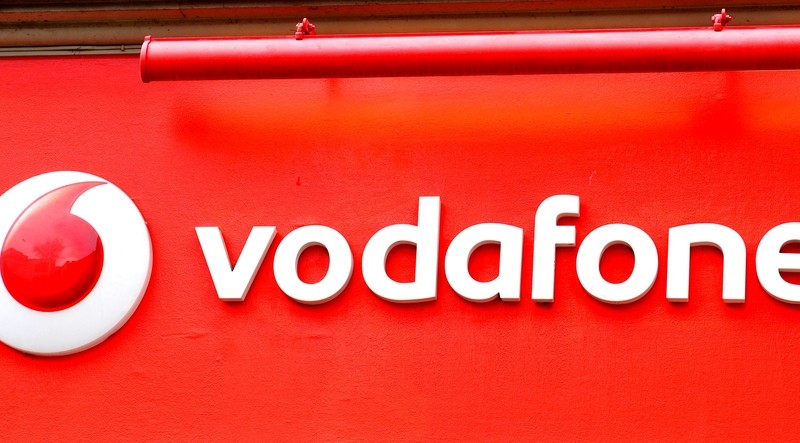Can BT and Vodafone shares reverse their recent underperformance of the FTSE 100?

Robert Stephens, CFA, discusses the prospects for the FTSE 100 telecoms sector including BT and Vodafone.
The performance of the FTSE 100 index’s telecoms sector has been hugely disappointing in the past five years. The sector contains just two stocks: BT (LON: BT.A) and Vodafone (LON: VOD). Their share prices have declined by around 50% apiece in that time, while the FTSE 100 index is marginally in positive territory.
Could the two telecoms companies offer value investing appeal after their relative underperformance? Or, have their shares underperformed the index for good reason?
BT shares
A key reason for BT’s share price underperformance over the past five years could be its disappointing financial results. In the 2016 financial year the company delivered adjusted earnings per share of 33.2p. This had fallen by 43% to 18.9p by the 2021 financial year.
Certainly, there have been major changes during that time. The company has a new management team and a refreshed strategy, albeit it is still focused on investing in fixed-line and mobile opportunities, while Covid-19 has disrupted its performance. More details on the extent of this disruption are likely to be discussed in the firm’s upcoming quarterly results that are due to be released next week.
Looking ahead, BT’s financial prospects appear to be relatively subdued in an era where economic growth is widely expected to be buoyant. For example, its earnings per share is not forecast to materially increase between 2022 and 2024. And, while its fibre broadband investment plans have received a boost from factors such as Ofcom’s upbeat latest regulatory review, rising investment may not guarantee higher profitability.
Clearly, the BT share price is trading at a relatively low price level even after its recent resurgence. Its price-earnings ratio of 10 suggests it offers a margin of safety. However, even with the return of dividends expected in the 2022 financial year at a forward yield of 4.2%, there may be insufficient reasons for investors to become significantly more excited about the stock.
An improving global economic outlook could boost the financial performances of other FTSE 100 index shares and make them seem more appealing in comparison.
Vodafone shares
As mentioned, Vodafone’s share price has lagged the FTSE 100 index over the past five years. Its profitability has improved versus five years ago, when it made a loss on a per-share basis, but it has been relatively mixed and unpredictable during that time.
The company also has a refreshed strategy that is targeting a simplified operating model focused on Europe and Africa. Meanwhile, it has made asset disposals, notably the IPO of Vantage Towers, and acquired Liberty Global’s European assets. Cost cuts and deleveraging have also been key parts of the firm’s recent strategy, which are likely to be further discussed in its upcoming quarterly results due out later this week.
This is expected to aid the company’s financial performance over the coming years. Its earnings per share figure is forecast to rise at an annualised rate of over 20% in the next two financial years. This makes the stock’s forward price-earnings ratio of 16 seem relatively appealing in comparison to many FTSE 100 index peers.
In addition, Vodafone has maintained its dividend, albeit at a reduced rate, in recent years. Its yield of 6.7% could attract income investors during an era of higher inflation and low interest rates. This could increase investor demand for its shares and lead to an improving share price performance in the long run.
Comments (0)